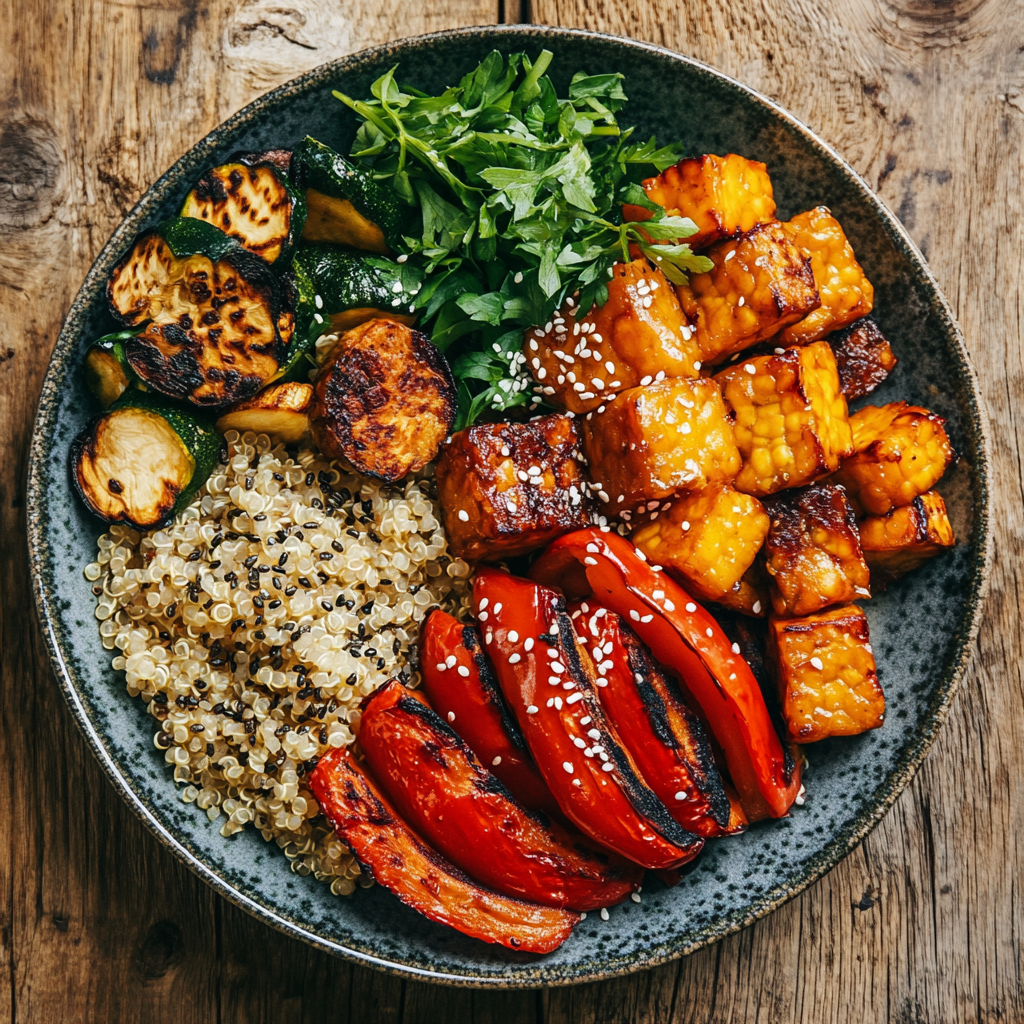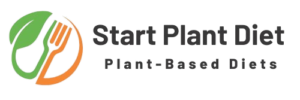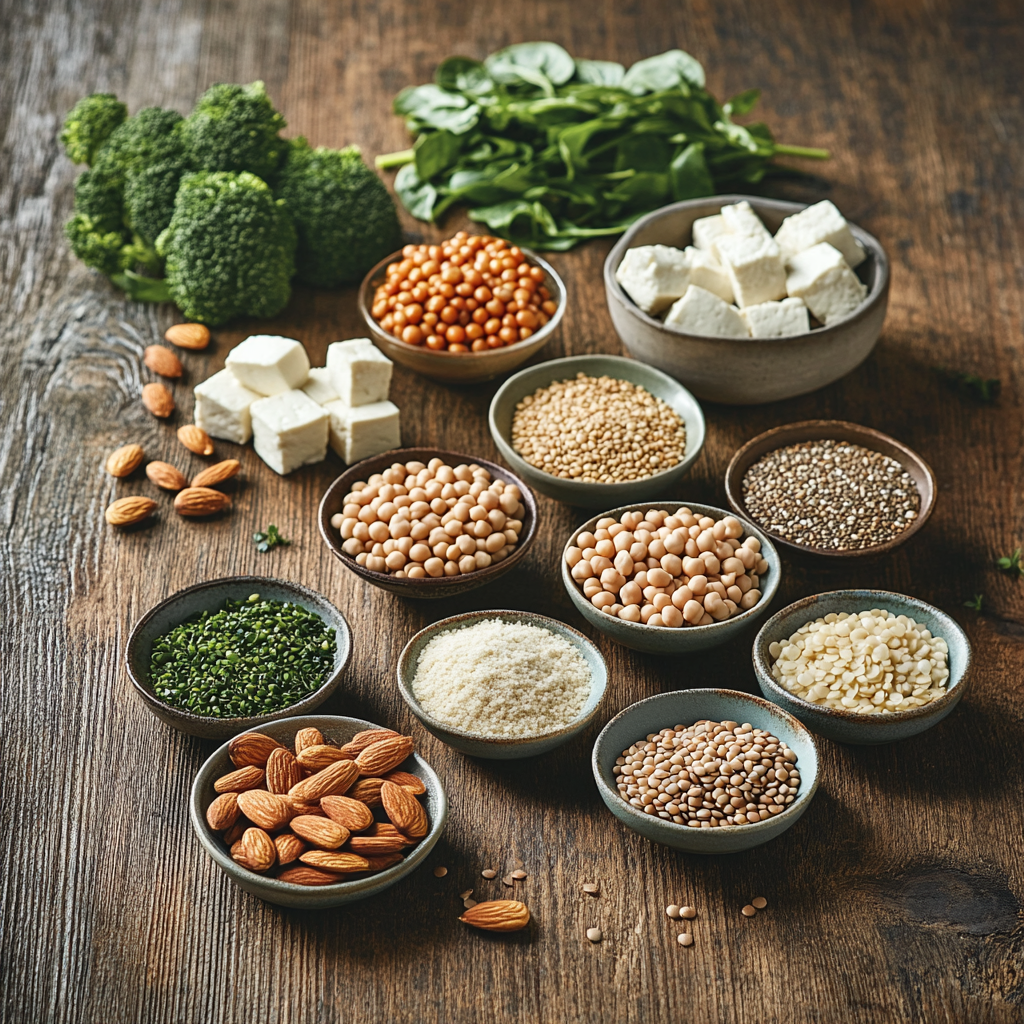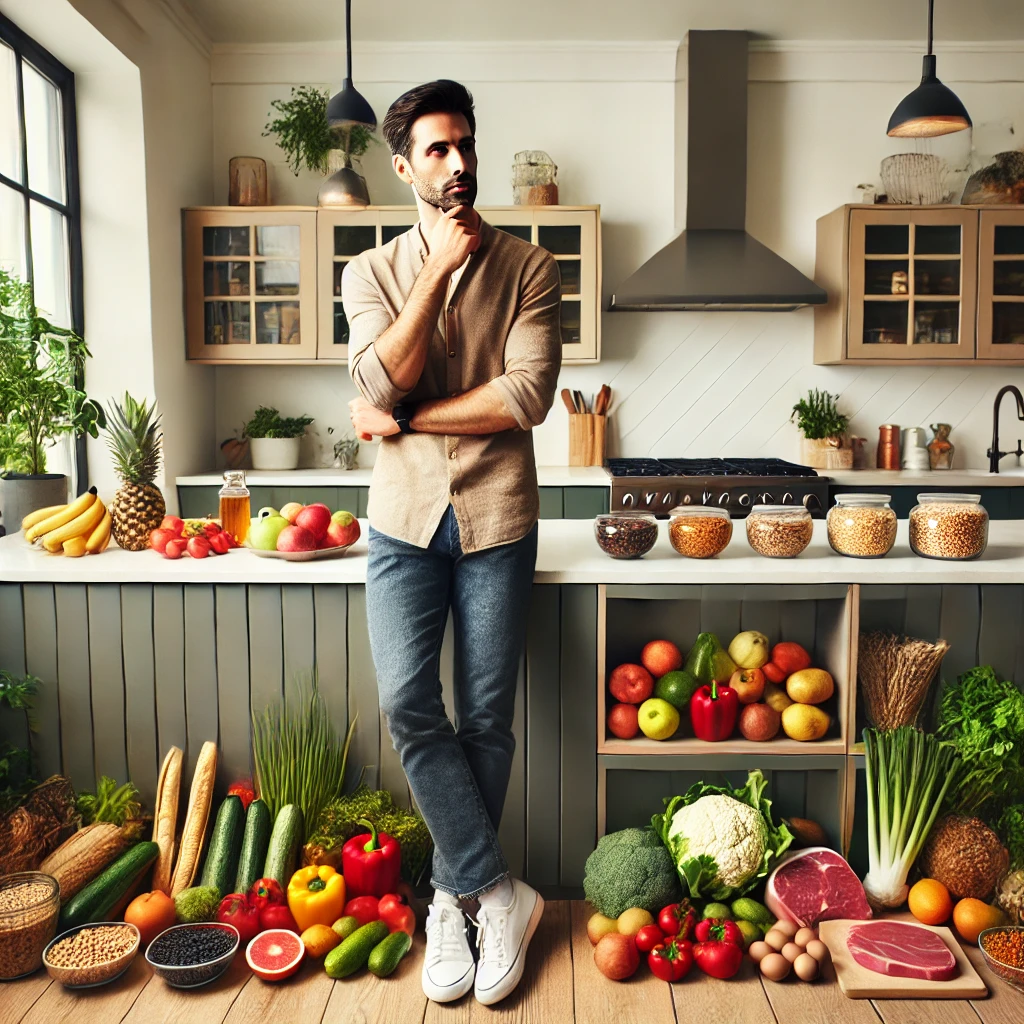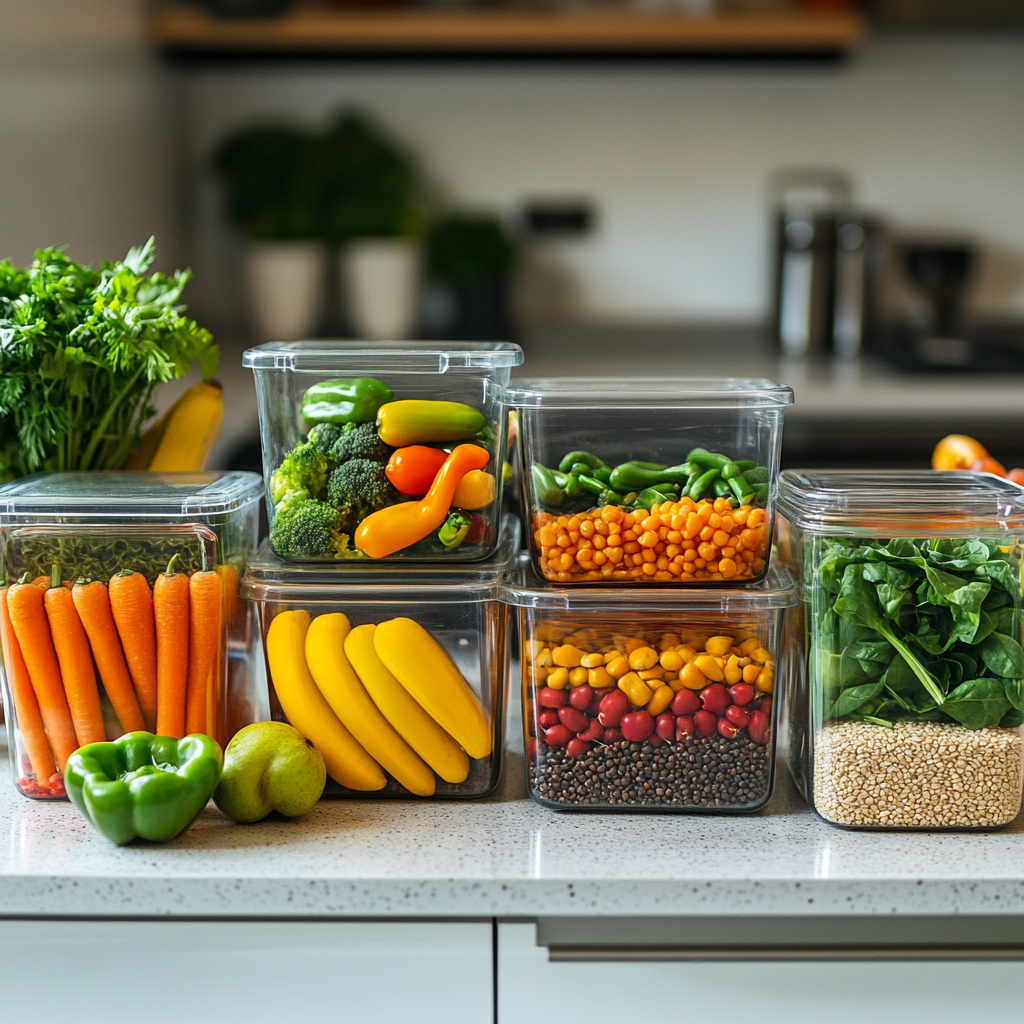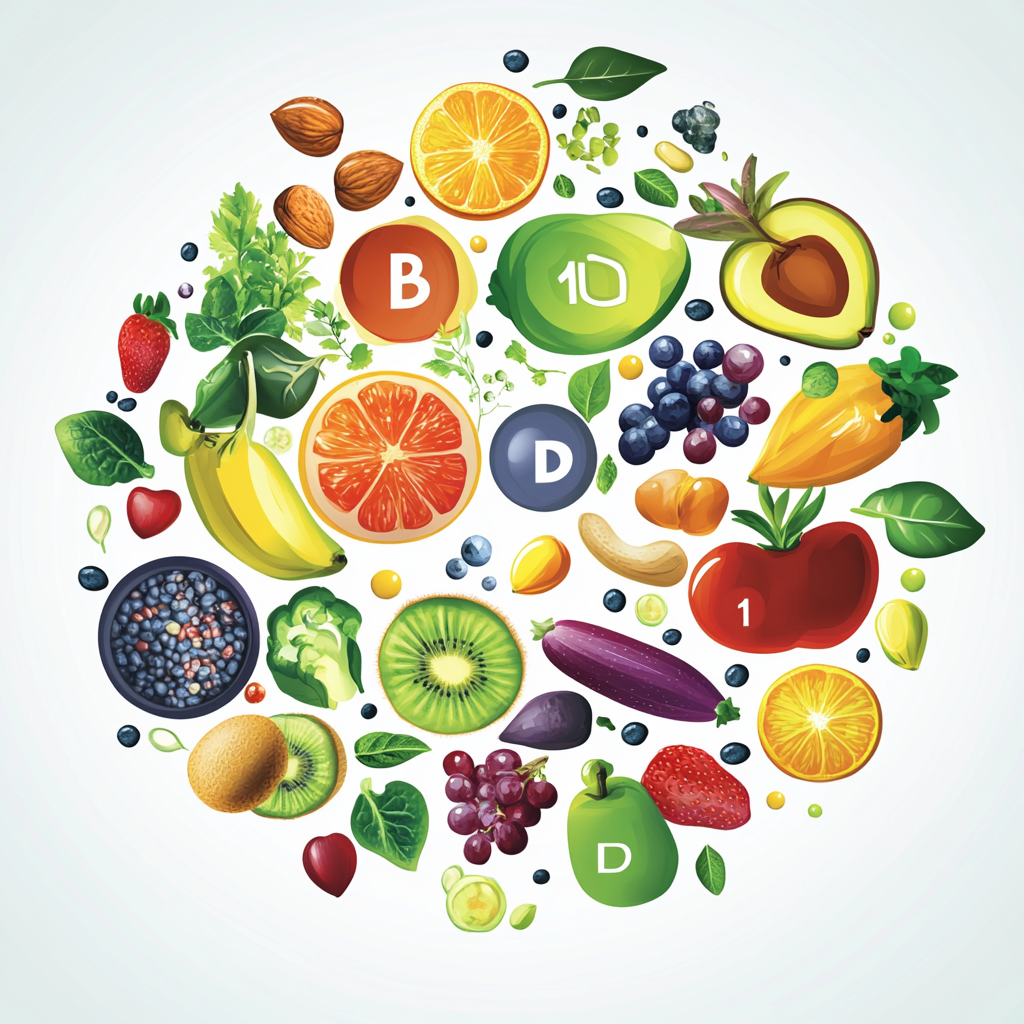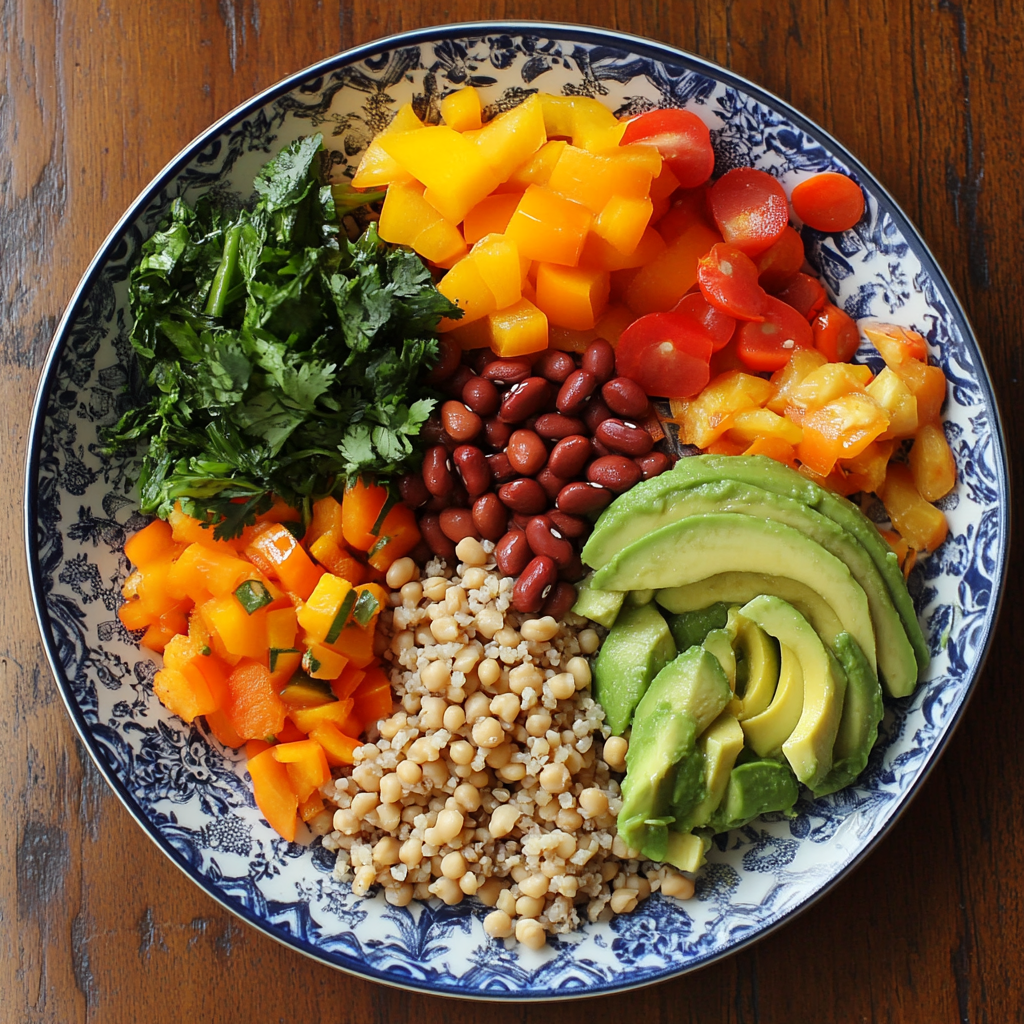How to get enough protein on a vegan diet is a common question, but it’s a myth that vegetarians can’t get enough protein from plants. Although conscious citizens try to debunk this misconception, it comes up almost every time when discussing plant-based diets. But the fact here is that it is possible to meet the protein requirements of a person’s body by consuming plant-based foods.
From nuts, seeds and legumes to some leafy vegetables are often good sources of protein. Along with these plant-based protein ingredients, fiber, vitamins and minerals are also available as extra benefits. Since vegan protein rich foods are meeting our body’s macronutrient needs very nicely, we should also create awareness among people about this.
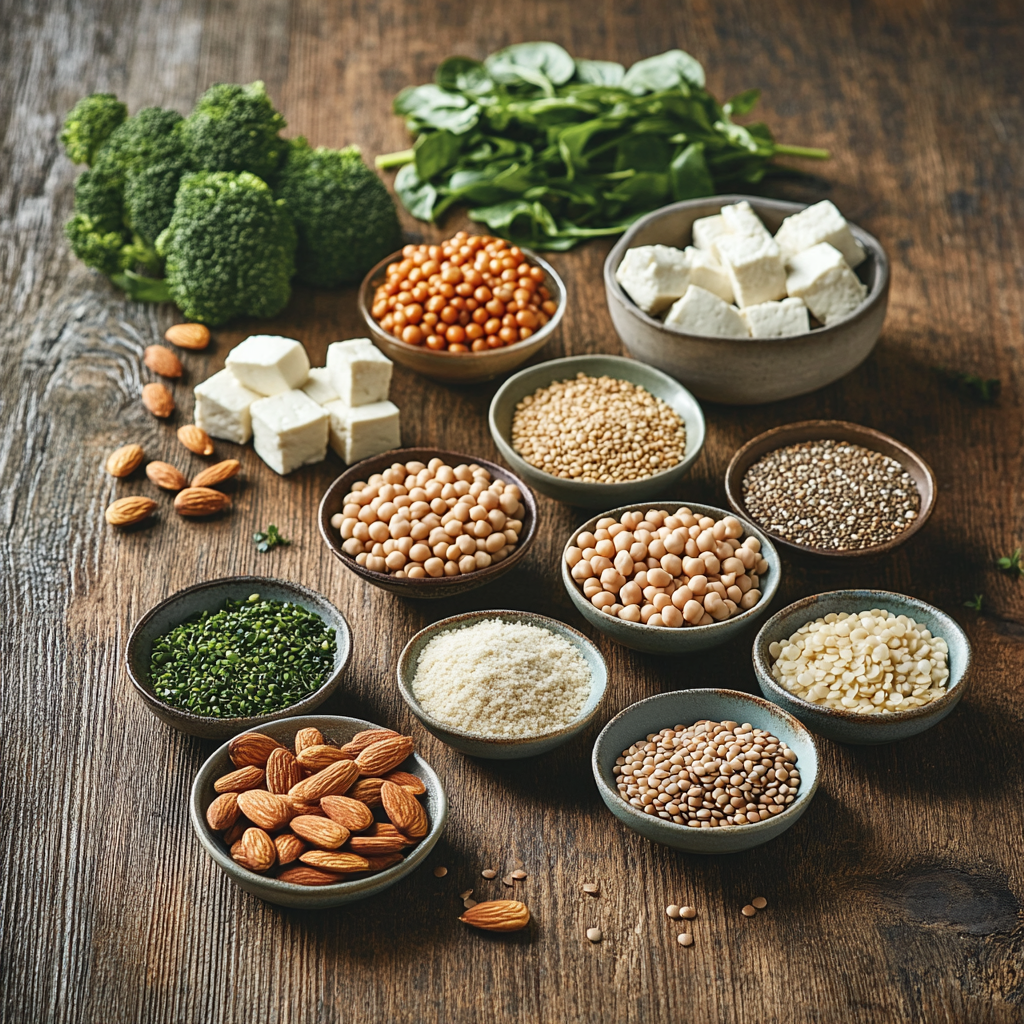
The Truth About Protein Needs
Our society has various exaggerated ideas about the protein required for an elderly person’s body. But in contrast to this myth, some ideas about what science says are presented below:
How Much Protein Do You Really Need Scientifically?
According to the RDA of protein per kilogram of body weight of a person. 8 grams of protein is required. On average, an adult woman needs 46 grams of protein and a man needs 56 grams of protein per day. This demand increases quite a bit for athletes and pregnant women. But that’s why no one should consume excess protein. Rather, it will increase the amount of fat in your body and contribute to your weight gain.
The Myths
Where it is possible to get all types of amino acids from nuts, seeds, legumes, vegetables, there is a common myth in our society that it is not possible to get complete protein without animal food. Another misconception is that animal protein is superior to plant-based protein. Again, it is often seen that many people follow the myth of excess protein requirements and encourage others to eat excess protein.
But the truth is that you need to consume a certain amount of protein according to your age and health needs.
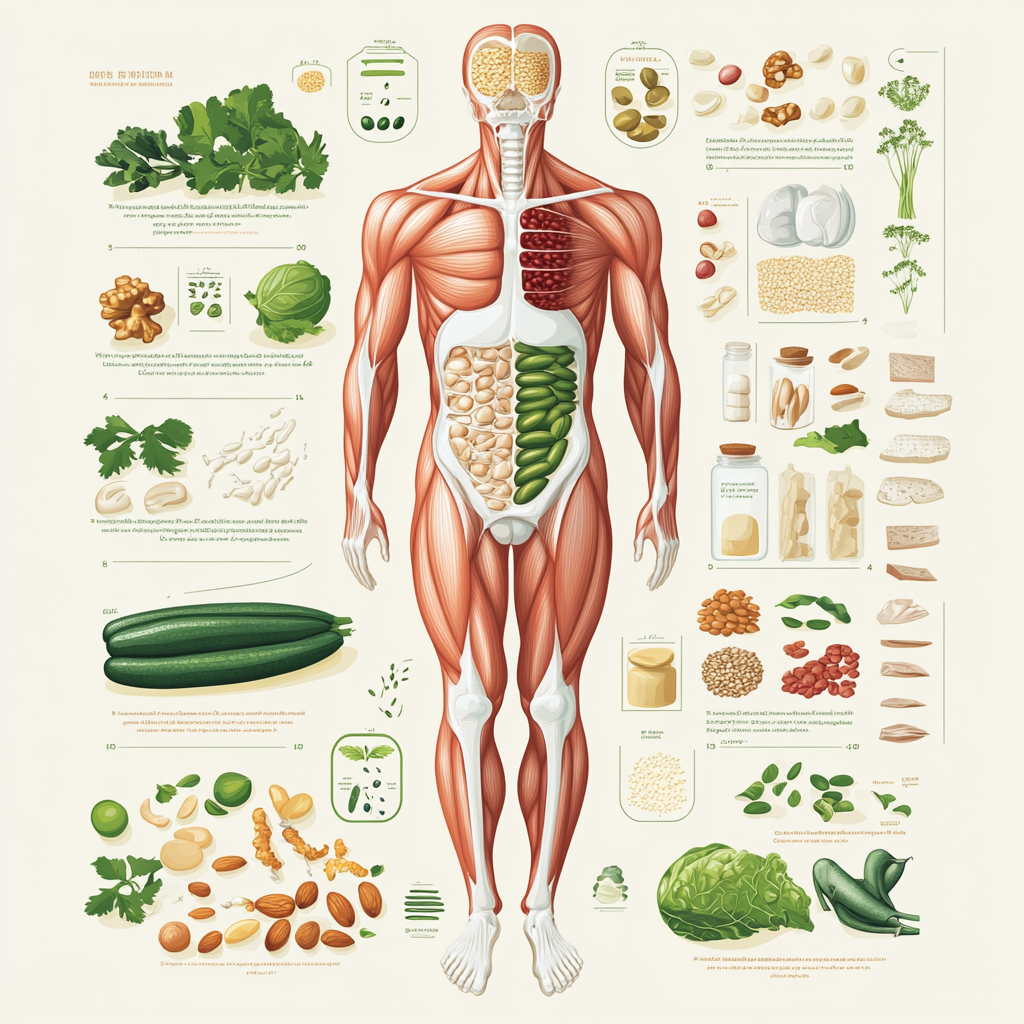
The Power of Plants
The key nutrients of nutritious plant based foods and their benefits are discussed below:
-
Legumes (beans, chickpeas, lentils, kidney beans)
Key nutrients:
- Iron helps transport oxygen in the body. .
- Fiber helps in digestion.
- Folate helps in red blood cell production and DNA synthesis.
Benefits:
They keep the heart healthy by reducing LDL cholesterol. Its high fiber content helps keep your digestive system and heart healthy.
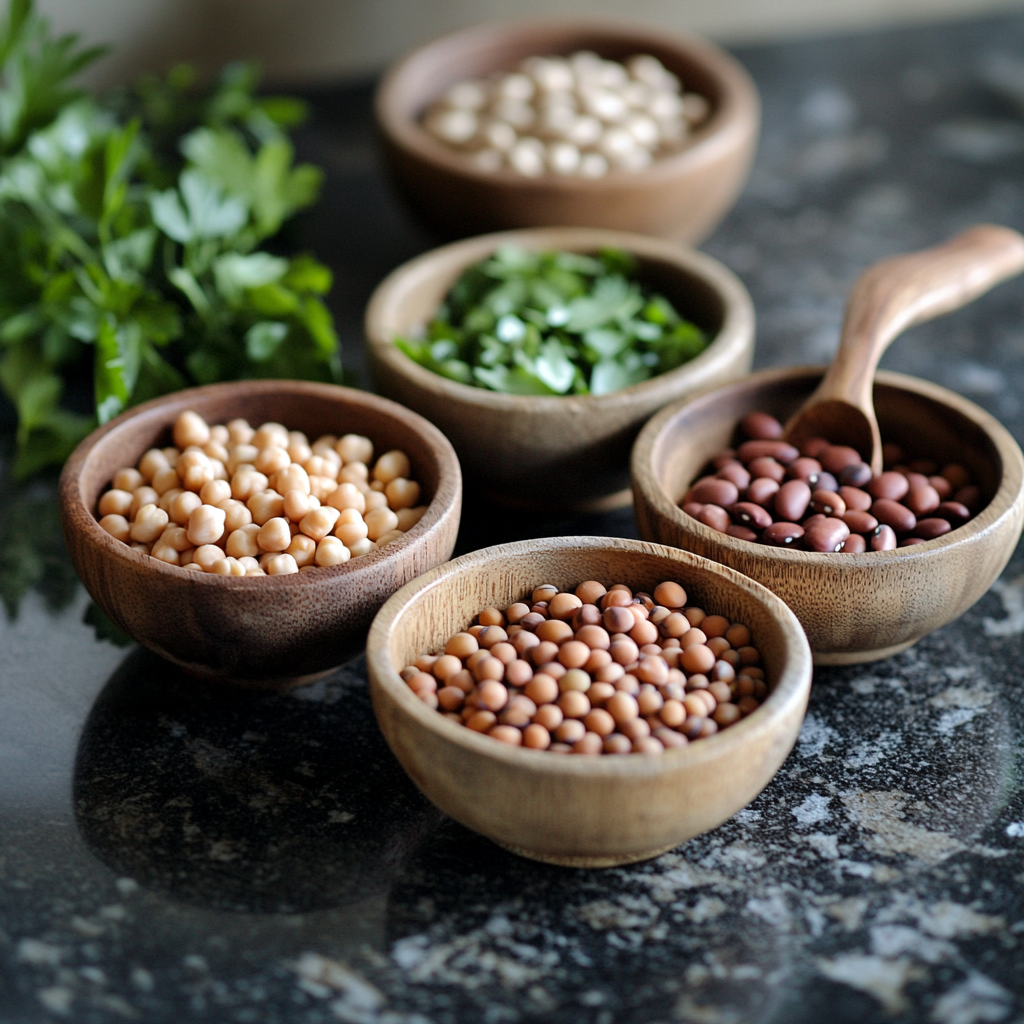
-
Tofu, Tempeh (Soy Product)
Benefit:
- These foods contain complete protein . Which provides 9 essential amino acids needed by the body.
- Carries calcium and iron to maintain healthy bones.
- Isoflavones protect hormonal balance.
- Magnesium in it for energy production and nerve function. Plays a very important role.
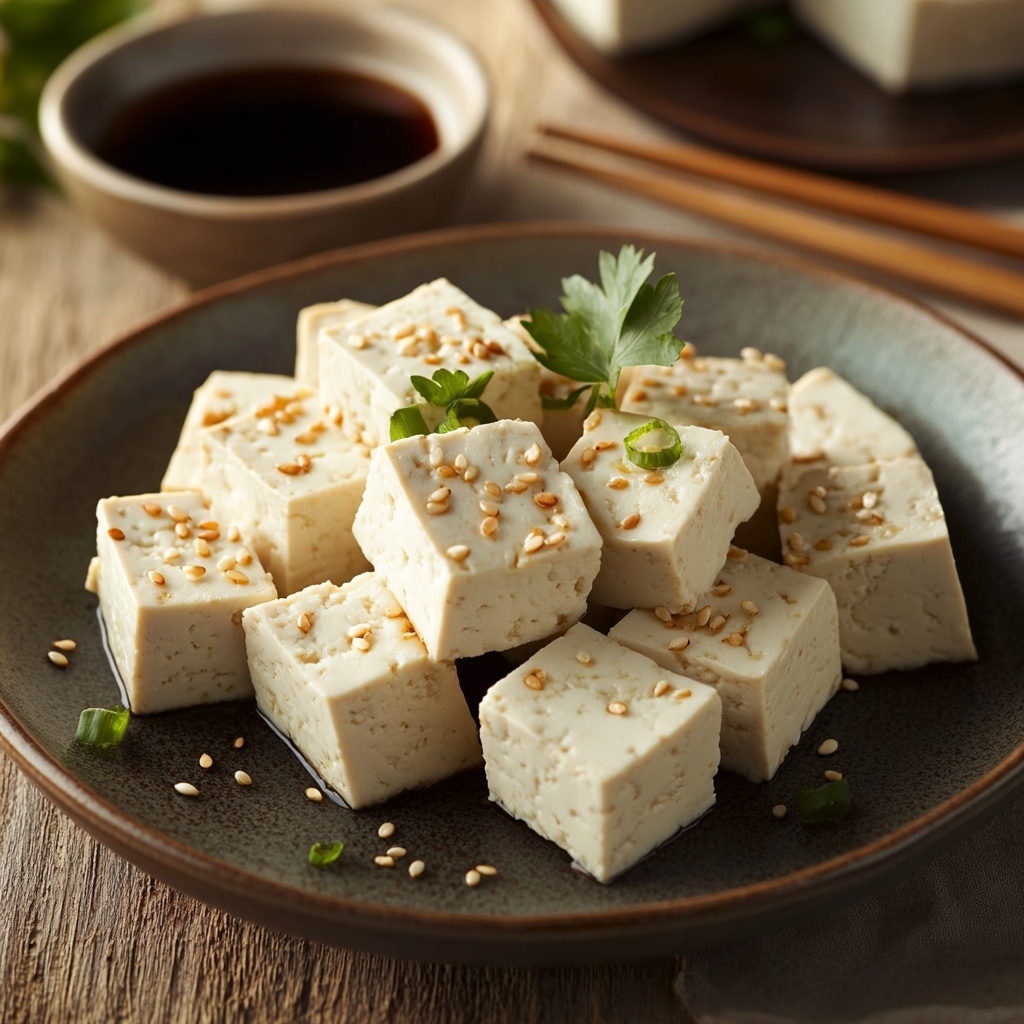
-
Nuts (Almonds, Walnuts, Chia seeds)
Benefits:
- Omega 3 fatty acids present in it help to maintain heart and brain health.
- Its vitamin E works as an antioxidant and maintains good skin health.
- Zinc increases immunity.
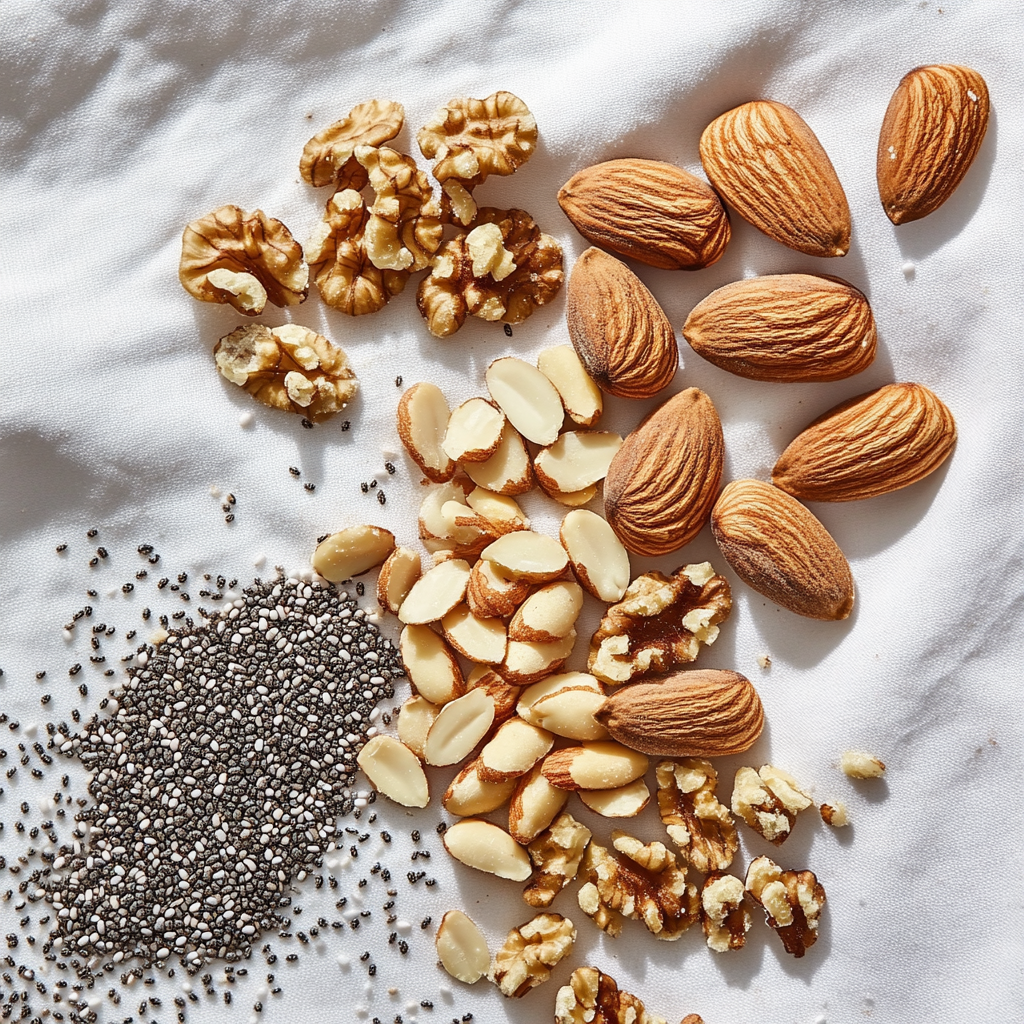
-
Vegetables (Broccoli, Spinach)
Benefits:
- Its high fiber detoxifies heavy metals from the body and maintains immune function.
- Its calcium , phosphorus and iron help maintain bone health.
By including the above mentioned plant-based protein sources in your regular diet, you will get enough protein as well as fiber, healthy fats and antioxidants to ensure your overall health and energy.
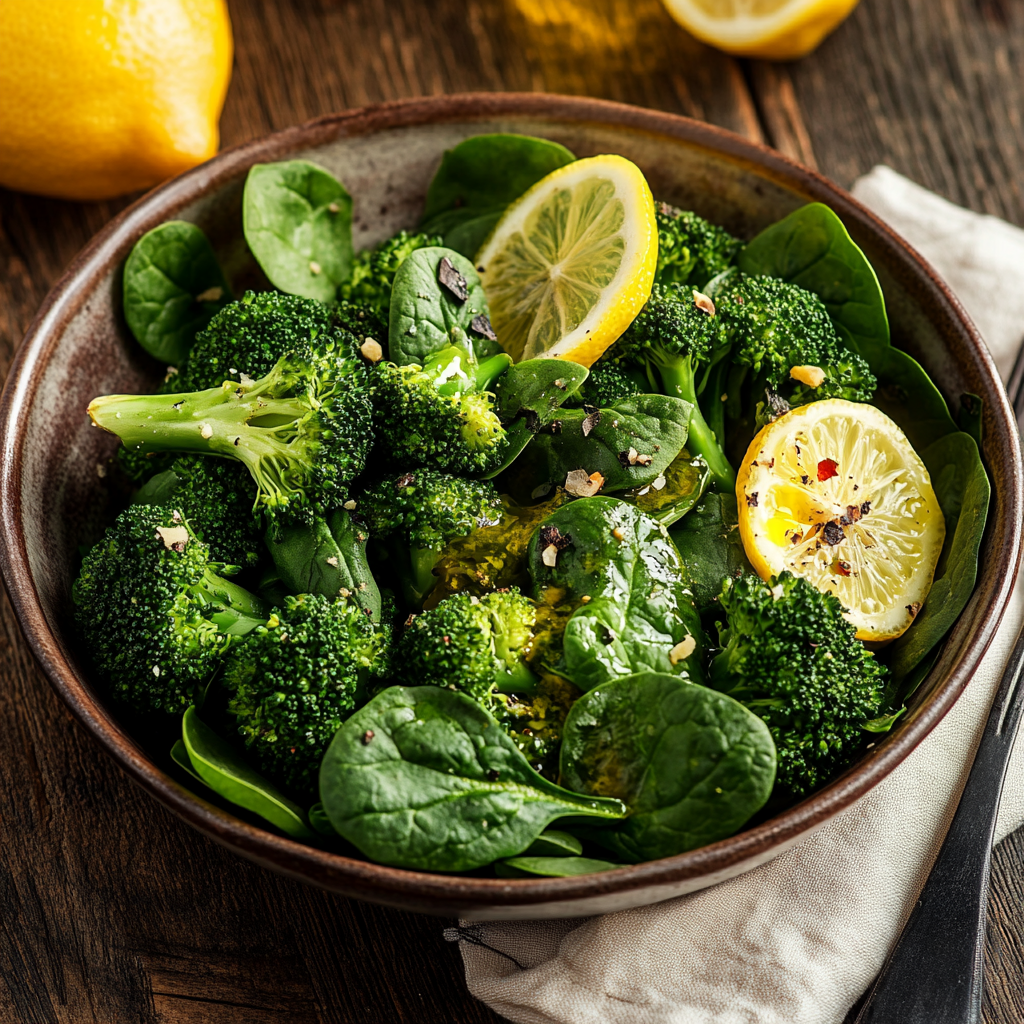
Success Stories
Many bodybuilders and Olympians have recovered their performance and improved overall health by adopting a plant-based diet, and there are thousands of examples.
- Novak Djokovi , who we know as the best tennis player of all time, follows a plant-based diet to reduce inflammation and ensure overall health protection, which he believes has been instrumental in the longevity of his career.
- Kendrick Faris , an American Olympic weightlifter, started a vegetarian diet in 2014. He later reported fewer injuries and a faster recovery.
- Vivian Kong Kak Wai is an epifencer from Hong Kong. He overcame prejudice by switching to a vegetarian diet and won several championships in Paris, earning gold medals.
- Brazilian volleyball players Ana Carolina and Macris Carneiro also became vegetarians, which contributed to their team’s strong performance and bronze victory.
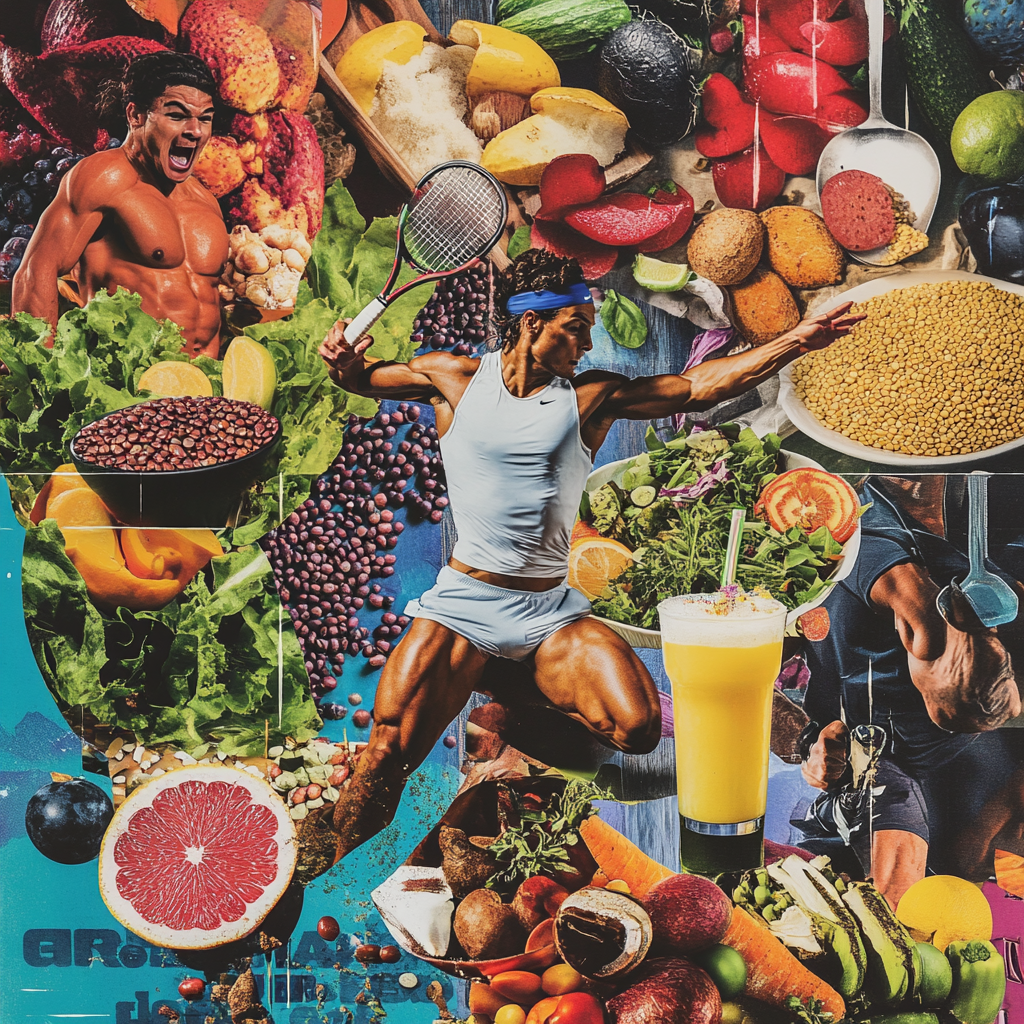
Several players at the 2024 Olympics demonstrated the power of plant-based nutrition. Therefore, regular consumption of nutritious plant-based foods has the potential to provide maximum athletic performance.
That plant-based foods lack protein is basically an old misconception that has no truth to it. Legumes, tofu, quinoa, and seeds are good sources of protein to meet the complete amino acid requirement. So with some planning and know-how it is possible to completely meet protein requirements in a vegetarian diet. And the myth of protein deficiency in veganism is a complete myth.
